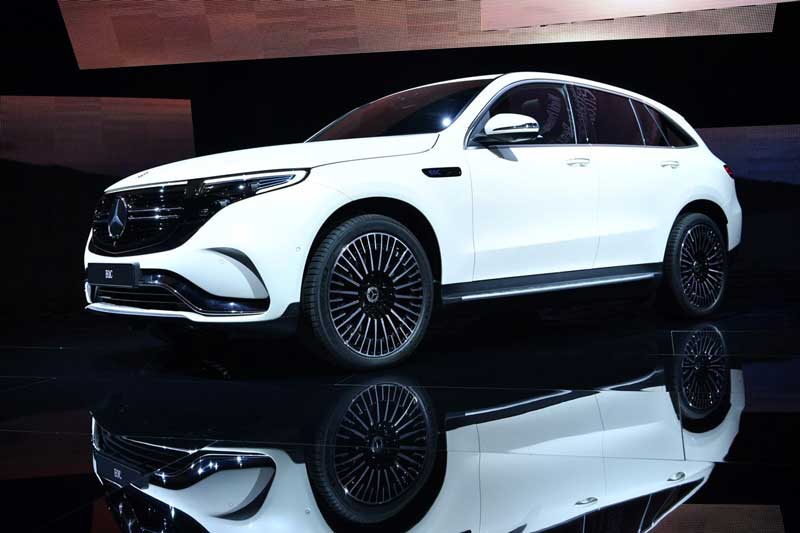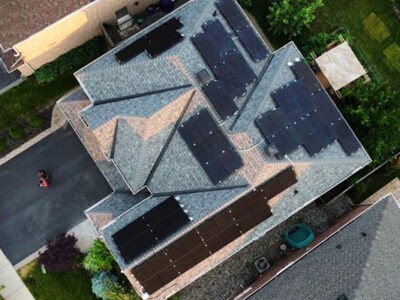The world’s largest luxury car maker, Mercedes-Benz, is rolling out its first in a series of battery-powered models with the aim to target a rapidly growing luxury electric vehicle market.
The company has started on this path by unveiling the Mercedes EQC crossover, to compete in a fierce race to make available the best SUV and crossover electric vehicle.
The Mercedes EQC crossover joins the Porsche Taycan, Audi E-tron and Jaguar I-Pace in putting pressure on Tesla as the California-based carmaker struggles to hit Model 3 production targets and earn profits.
Mercedes plans to assemble the EQC at its factory in Bremen, where the automaker also makes its best-selling C-Class sedan.
Mercedes says the EQC features a range of more than 450 kilometers (280 miles) and accelerates to 100 kilometers per hour (62 mph) in as little as 5.1 seconds.
In contrast, the Tesla Model X has a range of 237 miles.
In another related news story that solidifies the electric vehicle market growth, Bloomberg New Energy Finance released a new report which states that worldwide cumulative passenger electric vehicle sales hit 4 million this week.
The report adds that if e-buses, where considered as part of the data, the 4 million milestone, would have been surpassed at the beginning of July.
Bloomberg New Energy Finance also adds that the time needed to reach each consecutive million electric vehicles sold has shrunk from 17 months for the second million to 6 months for the fourth million.
The report acknowledges that China played a major role in reaching this milestone, and is responsible for around 37 percent of passenger electric vehicles sold around the world since 2011 and for about 99 percent of the e-buses.
All this should be excellent news for Mercedes and other brands striving to play in the electric vehicle space, especially as there are increasingly stringent emissions standards being imposed on manufacturers in most markets.
A good example are countries like the U.K. and France which are planning to ban combustion engines in coming decades.















Comments